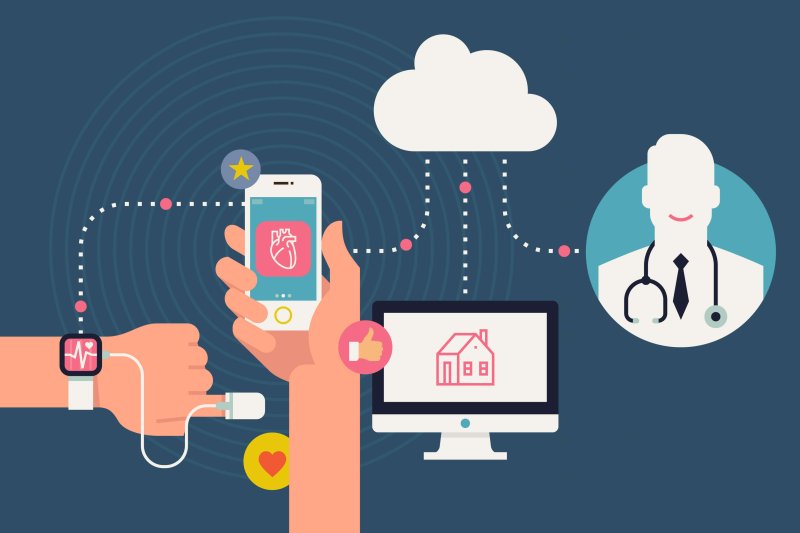Machines can now be trained to see things humans cannot, and likely never will.
…
From obviating the need to stain pathology slides, to finding rare cells without cytometry, to characterizing skin lesions, retinal scans, chest X-rays, brain CT scans, heart MRIs, and much more, AI stands to change the way we do medicine.
…
The implications for the symbiosis between human doctors and machines are striking. The field of ophthalmology, for example, has been especially eager to leverage AI, which has proven capable of diagnosing diabetic retinopathy without the need for a human doctor, much less a specialist. That’s important because presently half of patients with diabetes don’t get screened for retino- pathy, and it is a major preventable cause of blindness.
…
We are still in the early days of AI in medicine. It’s very long on promise, but short on clinical validation. To achieve the progress that is within our grasp, it will be vital to perform rigorous, prospective clinical trials. We may not see another opportunity like this for generations to come: the chance to improve accuracy and precision, lower cost, and enhance humanity in medicine.
Read full, original post: Opinion: Applying AI to Clinical Care Is Key to Individualized Medicine































